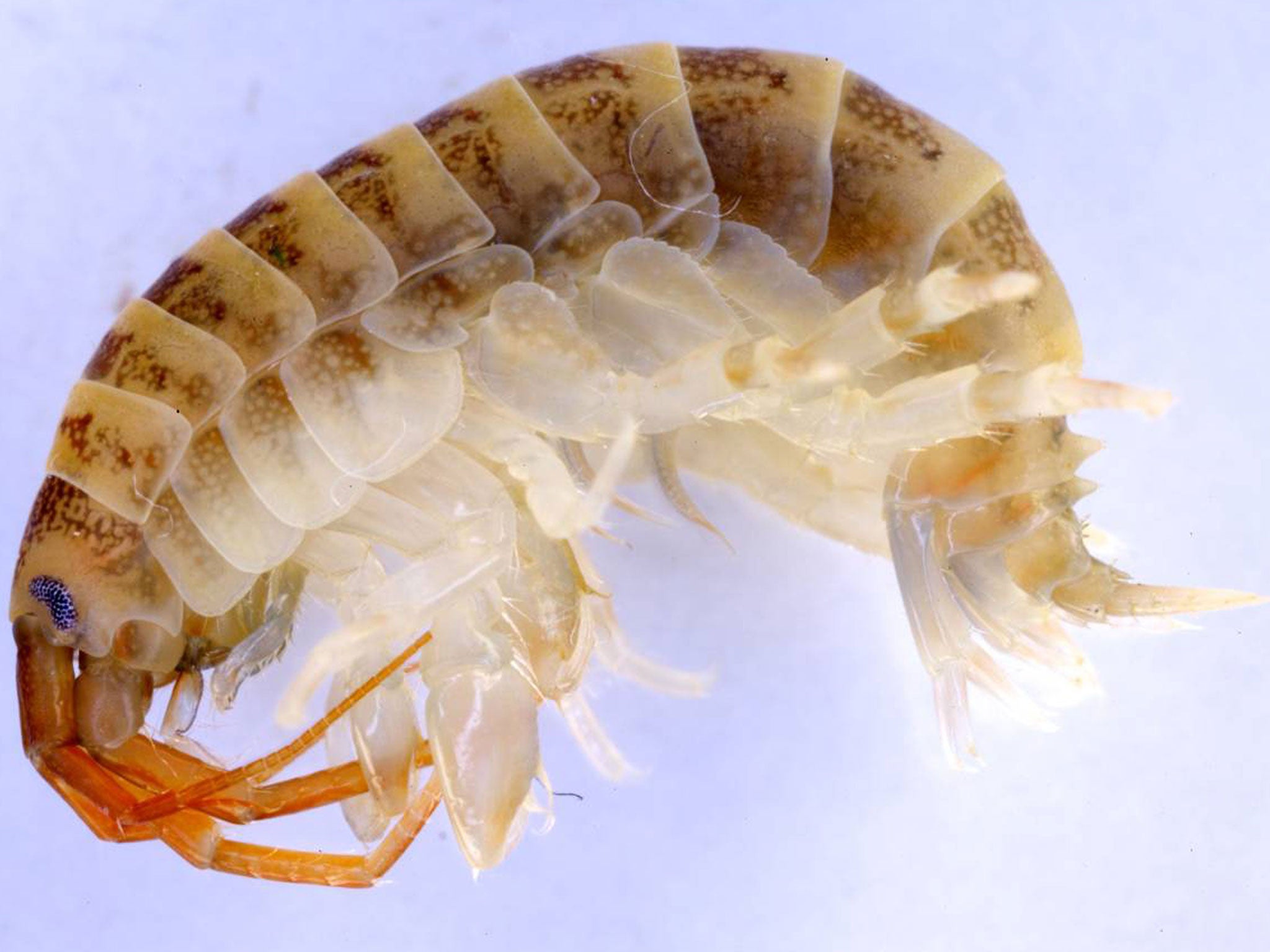Rising CO2 levels in oceans 'will muffle sounds crucial to marine life and could affect fish populations'
Snapping shrimps are the loudest invertebrate in the sea but risk being silenced by the end of the century

Your support helps us to tell the story
From reproductive rights to climate change to Big Tech, The Independent is on the ground when the story is developing. Whether it's investigating the financials of Elon Musk's pro-Trump PAC or producing our latest documentary, 'The A Word', which shines a light on the American women fighting for reproductive rights, we know how important it is to parse out the facts from the messaging.
At such a critical moment in US history, we need reporters on the ground. Your donation allows us to keep sending journalists to speak to both sides of the story.
The Independent is trusted by Americans across the entire political spectrum. And unlike many other quality news outlets, we choose not to lock Americans out of our reporting and analysis with paywalls. We believe quality journalism should be available to everyone, paid for by those who can afford it.
Your support makes all the difference.Rising levels of CO2 in the oceans will muffle sounds that are crucial to marine life such as the snapping noise made by shrimps, which could hit fish populations hard, new research warns.
Snapping shrimps are the loudest invertebrate in the sea but risk being silenced by the end of the century as ocean acidification interferes with the acoustics of the water, according to a new study by the University of Adelaide.
A wide variety of marine life use the sounds made by the shrimp to orient themselves, gleaning information from them about the location and quality of crucial resources such as food, shelter, predators and potential partners.
Fish eggs – or larvae - are among the most at risk from the loss of the snapping sound, which helps guide them through the open ocean to the reefs where they settle and develop. The loss of this crucial navigation system could reduce the number of fish born, the research suggests.
“Fish and invertebrate larvae may become lost at sea or take longer to pick up these cues as they drift with ocean currents,” said Ivan Nagelkerken, of the University of Adelaide in Australia.
“This may reduce the number of larvae that safely arrive at coastal reefs, with consequences for the replenishment and sustainability of their populations,” he added.
The research also found that the rising level of CO2 is likely to reduce the frequency of the shrimp snapping as well as the volume – although the researchers were not sure why.
The research is published in the journal Proceedings of the Royal Society B.
Join our commenting forum
Join thought-provoking conversations, follow other Independent readers and see their replies
Comments